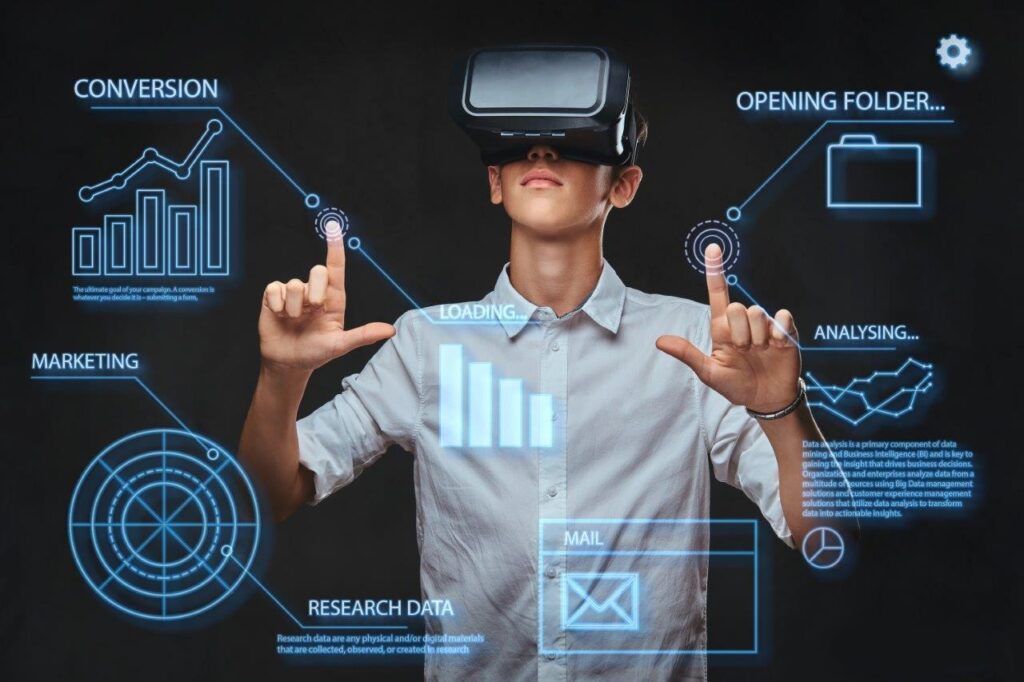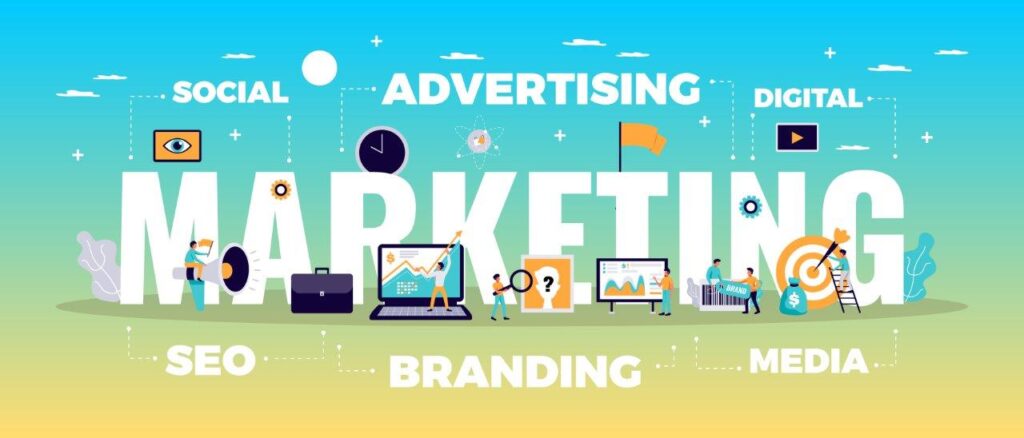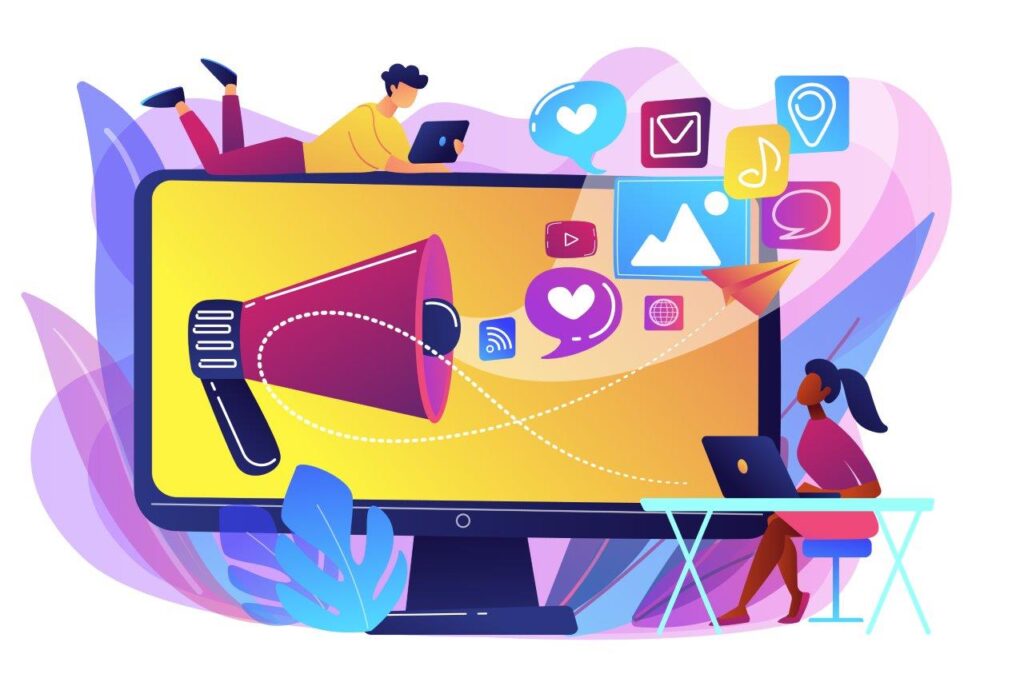Artificial intelligence (AI) has rapidly transformed various industries, including digital marketing. The use of AI in digital marketing has enabled businesses to improve customer experiences, increase sales, and reduce costs. However, the question that arises is whether AI will overtake digital marketing altogether.

AI and Digital Marketing
Digital marketing has evolved significantly in recent years and AI has played a crucial role in this transformation. AI algorithms can analyze customer data, predict their behavior, and personalize marketing messages to target them more effectively. This has led to more efficient use of resources and improved ROI for businesses.
AI-powered digital marketing tools such as chatbots, virtual assistants, and predictive analytics are already prevalent in the industry. These tools can engage with customers, automate processes and provide valuable insights into customer behavior. AI can also analyze massive amounts of data from multiple sources, providing real-time insights into customer behavior and preferences.
However, AI-powered digital marketing is still in its early stages. There are still many challenges to overcome before AI can completely take over digital marketing. The biggest challenge is the lack of transparency and explainability in AI algorithms. It is essential to understand how AI models make decisions and to ensure that these decisions are fair and ethical.
Another challenge is the high cost of implementing AI in digital marketing. Small and medium-sized businesses may not have the resources to invest in expensive AI-powered tools, which may give larger enterprises an advantage.
The Future of AI in Digital Marketing
While AI is not likely to completely overtake digital marketing, it will continue to play a critical role in the industry’s evolution. As AI algorithms become more transparent and explainable, businesses will be able to use them more effectively and confidently.
AI-powered chatbots and virtual assistants will become more sophisticated, providing customers with personalized experiences that feel like real human interactions. Predictive analytics will become more accurate, allowing businesses to anticipate customer needs and deliver more relevant marketing messages.
AI will also play a crucial role in the rise of voice search and natural language processing. As more consumers use voice assistants like Alexa and Siri, businesses will need to optimize their content for voice search queries. AI-powered tools can analyze spoken queries and provide relevant results, improving the customer experience.
While AI is transforming digital marketing, it is unlikely to completely overtake it. Human creativity and intuition will continue to be essential in crafting compelling marketing messages and strategies. However, businesses that embrace AI-powered tools and technologies will have a competitive advantage in the market, providing personalized experiences that meet customers’ evolving needs and preferences. As AI becomes more transparent and accessible, it will become a critical tool in the digital marketer’s arsenal.


